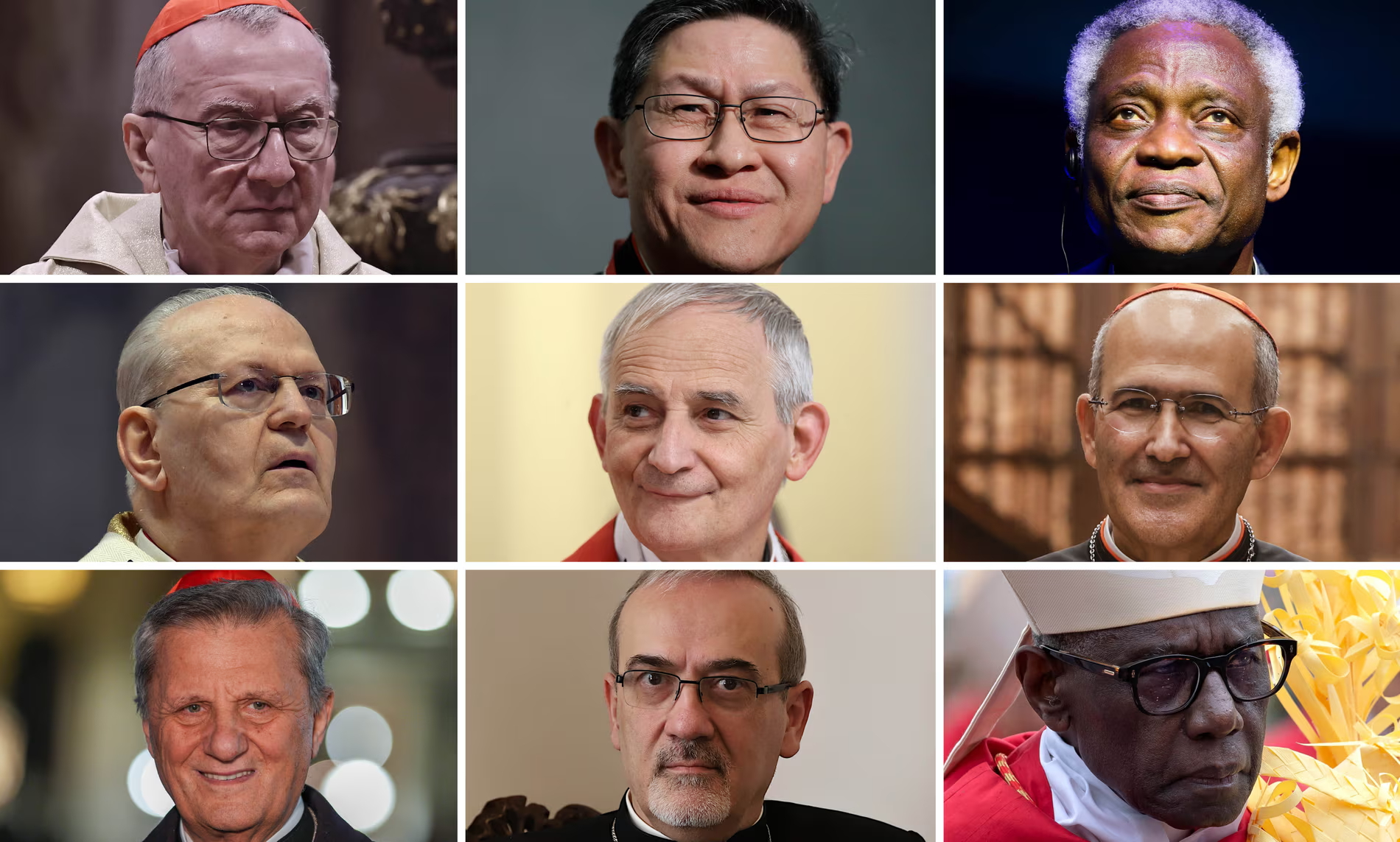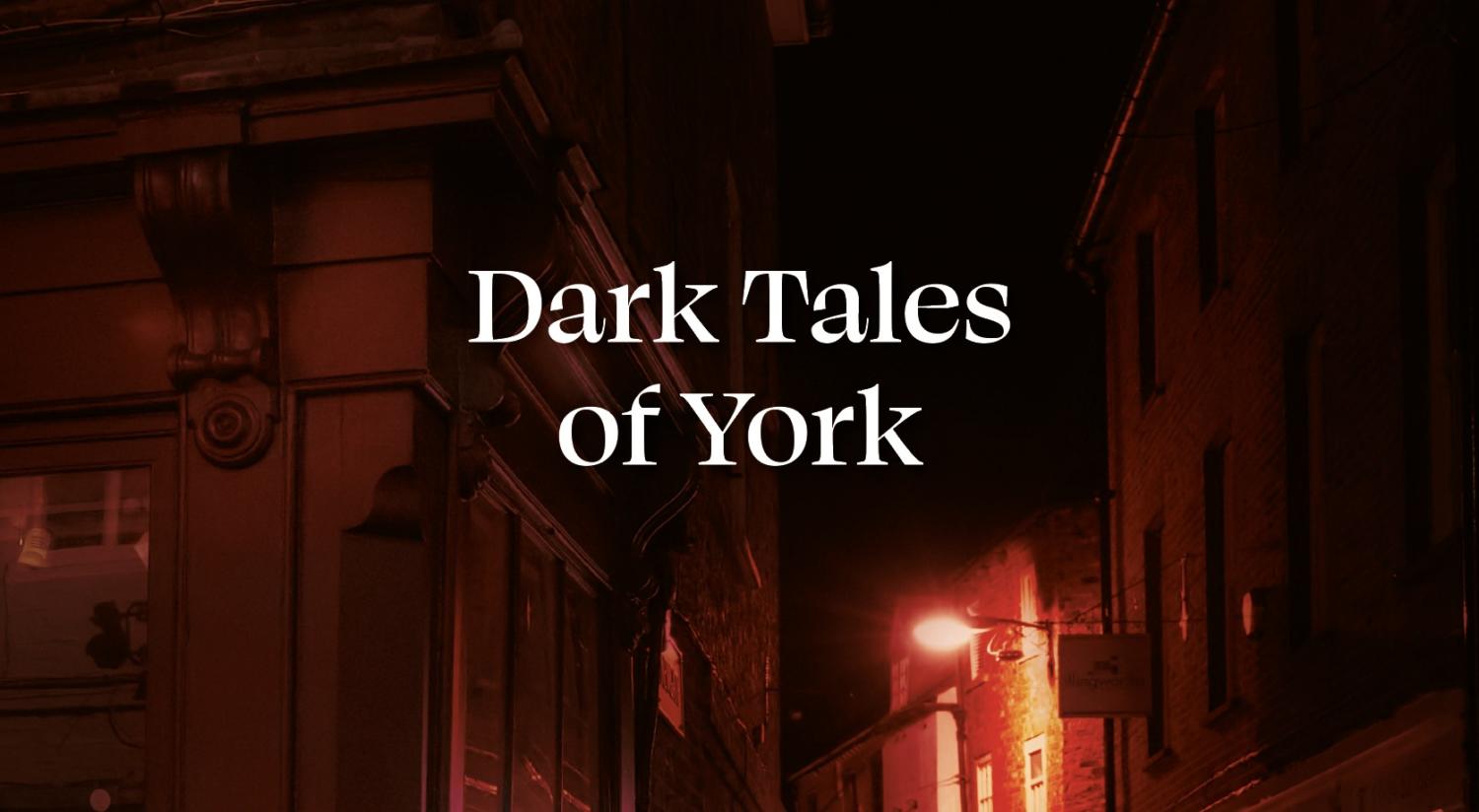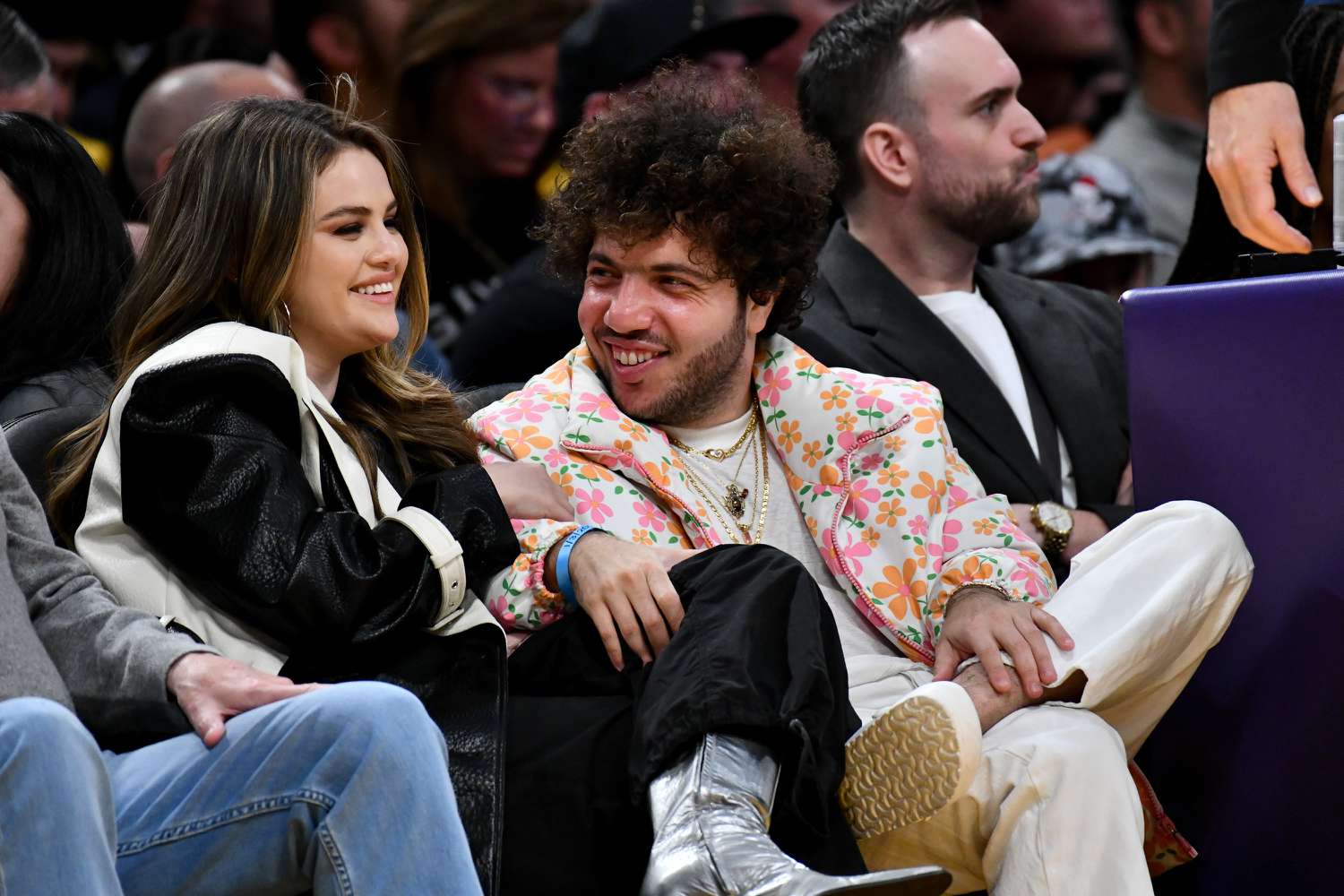Possible Successors To Pope Francis: Examining The Leading Candidates

Table of Contents
Cardinal Prefects and Their Influence
Cardinal Prefects, heads of the various congregations and dicasteries within the Roman Curia, wield significant influence in Vatican governance. Their roles shape the Church's direction, and their opinions carry considerable weight during the Papal election. Understanding their theological stances and administrative experience is crucial to comprehending the potential trajectory of the papacy. The Papal Election is heavily influenced by these key figures within the Vatican.
- Cardinal Luis Francisco Ladaria Ferrer: Prefect of the Congregation for the Doctrine of the Faith, known for his conservative theological views. His influence on doctrinal matters could significantly shape the future of the Church.
- Cardinal Pietro Parolin: Secretary of State, a key figure in Vatican diplomacy and administration. His experience in international relations could be a decisive factor for those seeking a Pope adept at navigating global challenges.
- Cardinal Kevin Farrell: Prefect of the Dicastery for Laity, Family, and Life, a prominent figure advocating for family issues and pastoral care. His focus on these areas could resonate with Cardinals seeking a Pope who prioritizes pastoral work.
- Cardinal Marc Ouellet: Prefect Emeritus of the Congregation for Bishops, his extensive experience in appointing bishops worldwide provides him with deep insight into the global Church.
- Cardinal Robert Sarah: Known for his traditionalist views and writings on liturgy and priestly vocation.
Geographic Considerations and Global Representation
The selection of a new Pope invariably involves considerations of geographic representation. The Catholic Church is a truly global entity, with significant populations in every continent. Choosing a Pope from a particular region could reflect a desire to address specific regional challenges or to foster greater inclusivity and global representation within the Church's leadership. This aspect of the Papal Succession is crucial in maintaining global Catholicism.
- Africa: A rapidly growing Catholic population with significant potential for future growth. Choosing an African Pope could signify a shift towards a more globalized and decentralized Church.
- Asia: A continent with a diverse range of Catholic communities, offering unique challenges and opportunities for Church leadership. An Asian Pope could signal a focus on interfaith dialogue and evangelization in a rapidly changing context.
- Latin America: Home to the largest Catholic population globally, a Latin American Pope would ensure a continued focus on the concerns and challenges of this region.
- Europe: While traditionally the source of many Popes, choosing a European Pope may be seen as less representative of the Church's global distribution.
Key Theological and Pastoral Approaches
Potential candidates for the papacy represent a range of theological orientations and pastoral approaches. Understanding these differences is key to anticipating the future direction of the Church. The Papal Doctrine will be shaped by the chosen successor's theological leanings and their pastoral vision.
- Social Justice: How will the next Pope address issues of poverty, inequality, and climate change?
- Ecumenism: What efforts will be made to foster greater unity among Christian denominations?
- Interfaith Dialogue: How will the next Pope promote understanding and cooperation with other religions?
- Family Issues: How will the Church address the challenges facing families in the 21st century?
- Moral Issues: How will the chosen Pope balance traditional teachings with contemporary social changes?
Younger Cardinals and the Future of the Papacy
The possibility of a younger Pope is a significant factor in contemplating the future of the papacy. A younger, more energetic leader might bring fresh perspectives and new approaches to the challenges facing the Church. This younger generation could potentially usher in a period of Papal Reform and renewed Church leadership.
- Cardinal Michael Czerny: Known for his work on migration and social justice.
- Cardinal Matteo Zuppi: President of the Italian Episcopal Conference, known for his diplomatic skills.
Reflecting on the Possible Successors to Pope Francis
The selection of the next Pope will be a pivotal moment for the Catholic Church. This analysis highlights the diverse range of potential successors and the complex factors influencing the decision. The candidates' theological stances, geographical backgrounds, and pastoral approaches will all play a significant role. The next Pope's leadership will determine the Church's trajectory in the coming decades. The importance of this Papal election, and its global significance, cannot be overstated.
We encourage you to continue following the news and developments surrounding the upcoming Papal election. Engage in informed discussion about the possible successors to Pope Francis, and delve deeper into the lives and work of the leading candidates through further research and reading. The future of the Catholic Church is at stake, and understanding the options before the College of Cardinals is crucial for all Catholics.

Featured Posts
-
 Tales From The Track Tickets Win Your Spot
May 11, 2025
Tales From The Track Tickets Win Your Spot
May 11, 2025 -
 Best Trips And Activities For Seniors A Monthly Calendar
May 11, 2025
Best Trips And Activities For Seniors A Monthly Calendar
May 11, 2025 -
 Graham Rahal And The Porsche 911 Gt 3 Rs 4 0 Unrivaled Performance
May 11, 2025
Graham Rahal And The Porsche 911 Gt 3 Rs 4 0 Unrivaled Performance
May 11, 2025 -
 Walmarts 29 Jessica Simpson Kimono Cardigan A Bestselling Find
May 11, 2025
Walmarts 29 Jessica Simpson Kimono Cardigan A Bestselling Find
May 11, 2025 -
 Selena Gomezs Unintentional Reveal A Peek Into Her Life With Benny Blanco
May 11, 2025
Selena Gomezs Unintentional Reveal A Peek Into Her Life With Benny Blanco
May 11, 2025
